Boundaries: (Webster’s) n. 1. something that indicates bounds or limits; a limiting or bounding line.
(My view) Limitations set in order that all parties involved can feel safe enough to be themselves, live in peace and grow in their intimacy with each other. This is not only the order of progression for relationship with boundaries; but it is also the order of destruction for those without.
Walls: (Webster’s) n. 3. an immaterial or intangible barrier, obstruction, etc., suggesting a wall: a wall of prejudice.
(My view) Attitudes, actions and restrictions that undermine a relationship’s ability to exist. Walls keep feelings in and people out.
Boundaries vs. Walls: (My view) Setting boundaries is the first lesson that most of us co-dependents learn in recovery. We have been walked on all of our lives. We are sick and tired of being sick and tired and we are not going to take any more. So we start “setting down the rules”. But what kind of rules do we set down? What effect will these rules have on our relationship?
I have seen so many co-dependents with a controlling nature take the principles of boundaries and misuse it to justify them doing what they have always tried to do, control those around them. They wield boundaries over everybody’s heads like a sledgehammer. And if you do not tow the line, the hammer will drop. This does not bring about a safe and peaceful environment that will allow the relationship to grow in intimacy.
I will acknowledge that there are relationships that need to be severed. Those relationships that was not only a mistake to get into; but also pose such a danger to the person’s well being that they must leave for their own safety. This does not justify divorcing your spouse just because they have a list of annoying habit or a thick skull. I have noticed that the ones who are the most frustrated with their spouse’s thick skull have skulls that are just as thick. But domestic violence is another matter altogether. It is as much as a violation of the marriage covenant as adultery. Not only does the Bible command husbands to love your wives; but it also warns repeatedly that God is angered by those who oppress those who cannot defend themselves.[1]
[1] Jeremiah 7:1-7; Amos 4:1-3; Zechariah 7:8-10; Ephesians 5:23-33; Colossians 3:19; 1 Peter 1:7
(My view) Limitations set in order that all parties involved can feel safe enough to be themselves, live in peace and grow in their intimacy with each other. This is not only the order of progression for relationship with boundaries; but it is also the order of destruction for those without.
Walls: (Webster’s) n. 3. an immaterial or intangible barrier, obstruction, etc., suggesting a wall: a wall of prejudice.
(My view) Attitudes, actions and restrictions that undermine a relationship’s ability to exist. Walls keep feelings in and people out.
Boundaries vs. Walls: (My view) Setting boundaries is the first lesson that most of us co-dependents learn in recovery. We have been walked on all of our lives. We are sick and tired of being sick and tired and we are not going to take any more. So we start “setting down the rules”. But what kind of rules do we set down? What effect will these rules have on our relationship?
I have seen so many co-dependents with a controlling nature take the principles of boundaries and misuse it to justify them doing what they have always tried to do, control those around them. They wield boundaries over everybody’s heads like a sledgehammer. And if you do not tow the line, the hammer will drop. This does not bring about a safe and peaceful environment that will allow the relationship to grow in intimacy.
I will acknowledge that there are relationships that need to be severed. Those relationships that was not only a mistake to get into; but also pose such a danger to the person’s well being that they must leave for their own safety. This does not justify divorcing your spouse just because they have a list of annoying habit or a thick skull. I have noticed that the ones who are the most frustrated with their spouse’s thick skull have skulls that are just as thick. But domestic violence is another matter altogether. It is as much as a violation of the marriage covenant as adultery. Not only does the Bible command husbands to love your wives; but it also warns repeatedly that God is angered by those who oppress those who cannot defend themselves.[1]
[1] Jeremiah 7:1-7; Amos 4:1-3; Zechariah 7:8-10; Ephesians 5:23-33; Colossians 3:19; 1 Peter 1:7


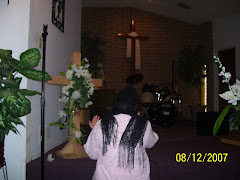

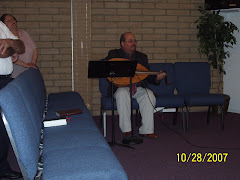
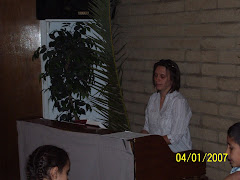
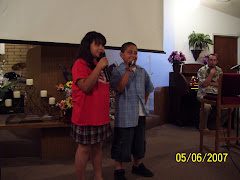

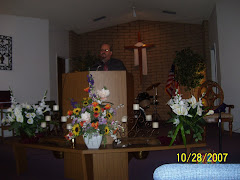
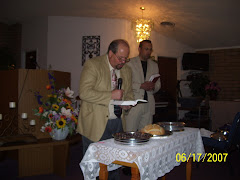
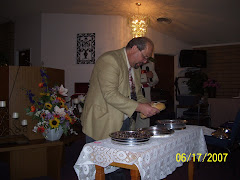







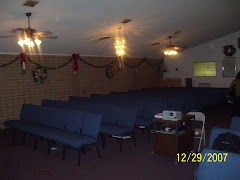
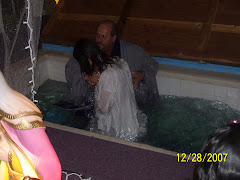
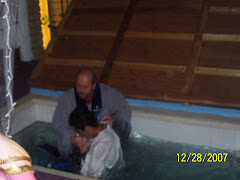
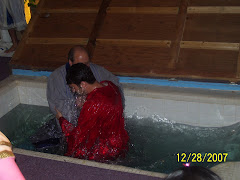
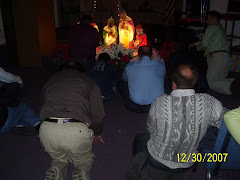




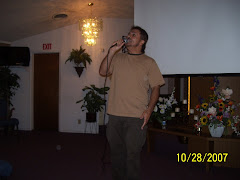
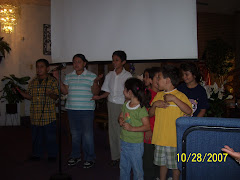








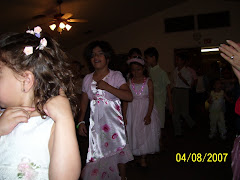

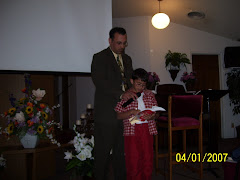
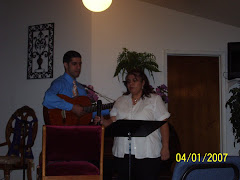
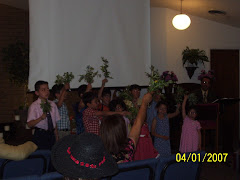


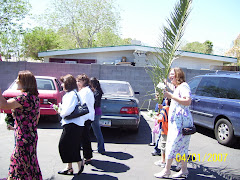
No comments:
Post a Comment